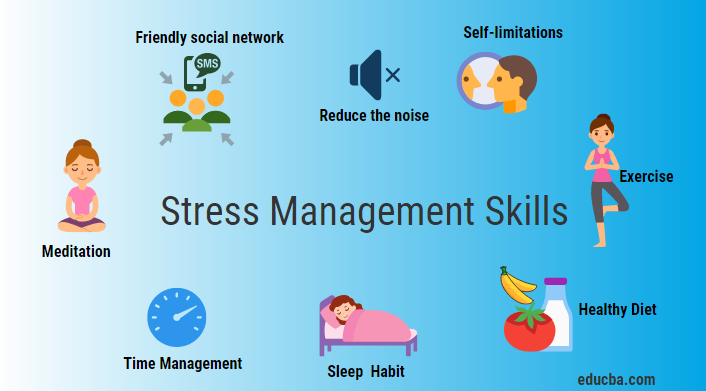
Balancing Hormones for Optimal Wellness

Navigating Wellness: Achieving Hormone Balance
In the intricate web of our body’s functions, hormone balance plays a pivotal role in maintaining optimal health and well-being. Let’s embark on a journey to understand the importance of hormone balance and explore strategies to achieve harmony for a vibrant and healthy life.
The Significance of Hormone Balance
Hormones act as messengers, regulating various physiological processes, including metabolism, mood, sleep, and reproductive functions. Achieving hormone balance is crucial for overall health, as imbalances can lead to a range of issues, from fatigue and weight fluctuations to mood swings and reproductive challenges. Understanding the delicate interplay of hormones is the first step towards achieving wellness.
Hormones and the Endocrine System
The endocrine system, comprised of glands such as the thyroid, adrenal, and pituitary, orchestrates the production and release of hormones. These chemical messengers travel through the bloodstream, influencing target organs and tissues. Hormone balance is maintained through a complex feedback system, where levels are regulated to ensure equilibrium. Disruptions in this system can result in hormonal imbalances.
Common Signs of Hormonal Imbalance
Recognizing the signs of hormonal imbalance is crucial for proactive health management. Symptoms may vary but can include fatigue, mood swings, irregular periods,

